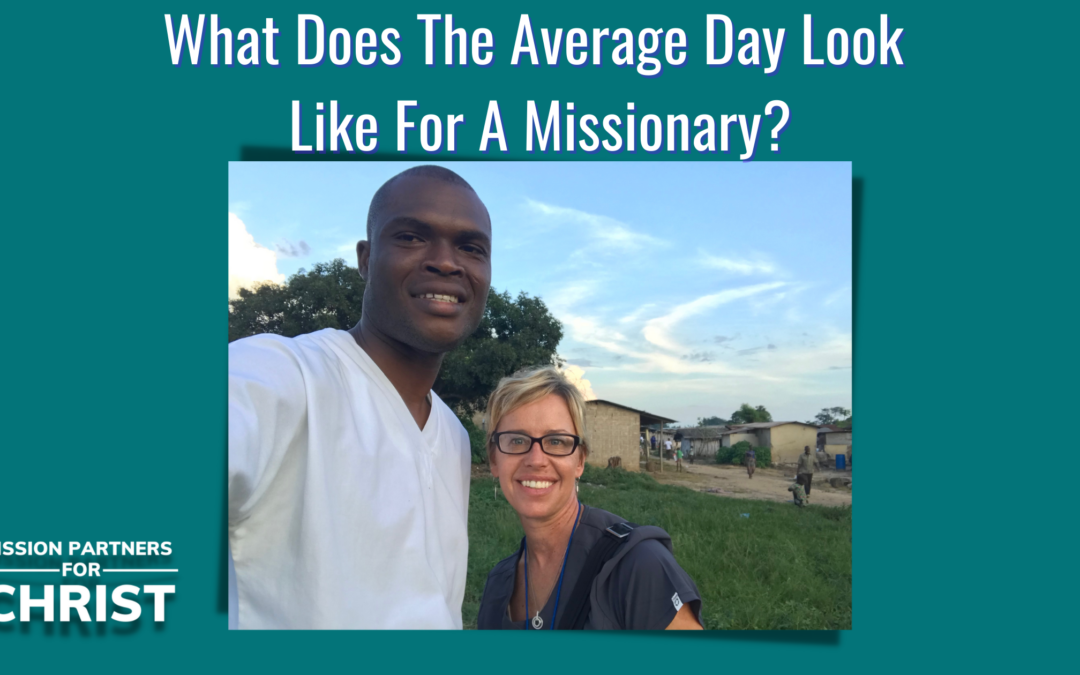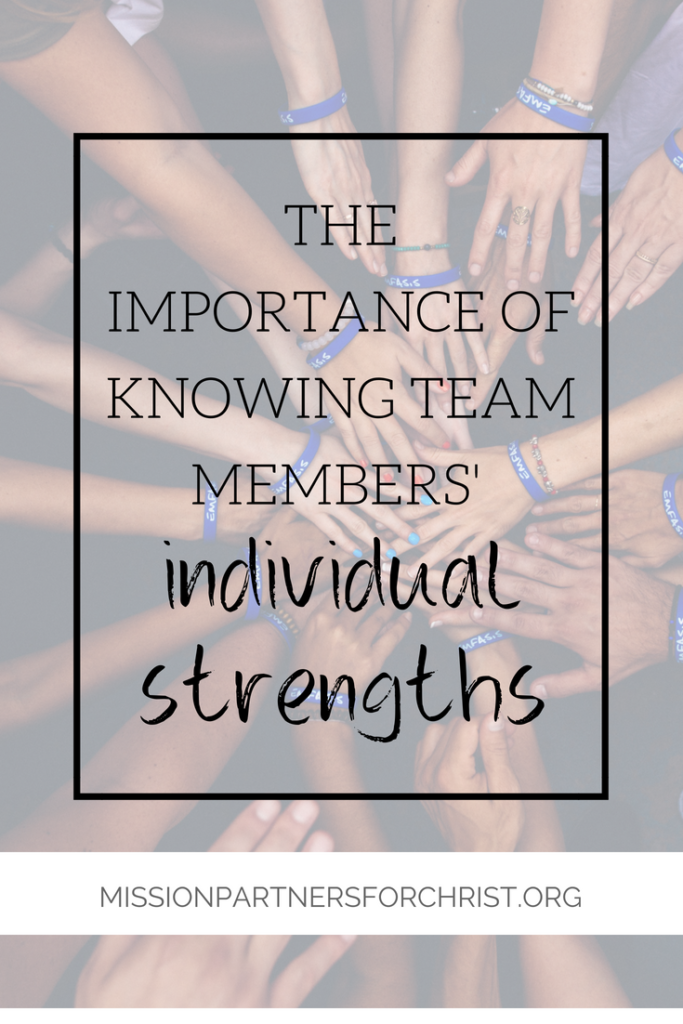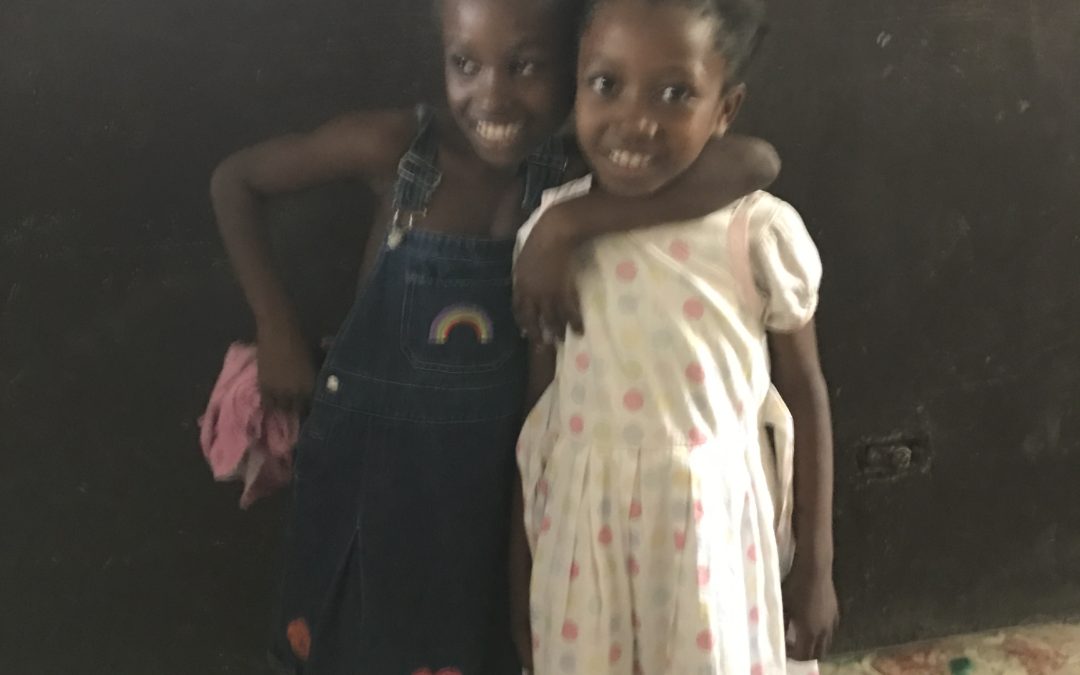


What Does The Average Day Look Like For A Missionary?
A missionary is a person who is tasked with the work of spreading the gospel. They might live in a foreign nation or they might work in their home country. A missionary can be someone who is serving on a short-term missions or someone whose entire career and ministry is built upon being in the mission field.
You will often find missionaries hard at work in the communities they serve in a variety of ways: teaching, giving aid, and helping with community development programs. But their main objective is to always ensure that the gospel of Jesus is taught so that other might know of God’s love for them.
You may have found yourself wondering, “what does the average day in the life of a missionary really look like?” Well, friends, read on and and let’s discover what an average day might look like!
Morning
Many missionaries believe that the best way to start the day is through prayer. So they get up, early in the morning, and fall to their knees before the throne of God. They often do this before breakfast to ensure that they have quality time with the Lord before the busyness of the day sets in.
Next they will eat a nutritious breakfast, often with other missionaries with whom they are serving. The most important meal of the day done, they will then turn their attention to planning out their day. Will it involve evangelism? Manual labor? Something else?
The next part of the missionary’s day depends on what sort of work they do in their community. Many will be off to teach the community’s children. Many will be off to work in health clinics offering life-saving care to others. Many will be meeting with leaders in their community to strategize new plans and developments.
Afternoon
At the mid-point of the day, the missionary will stop to take a break to eat lunch, drink water, and rest. Taking a break is crucial for the missionary. Due to the nature of the work, it would be so easy to burnout or experience fatigue if rest time were not factored into each day’s plan.
This time of rest doesn’t necessarily mean that the missionary is disengaged, however. No, the missionary will use this break time to reflect on how the day is shaping up and what remains to be done before evening falls. Lunchtime is also a great to take a moment to spend time in the Word of God and to pursue personal reflection.
After lunch and rest, the missionary is back to work! They will return to the tasks they didn’t get to finish that morning. In addition to that, they may also prepare and participate in worship services held by the believers in their community. Fellowship with other Christians is one of the most precious parts of the missionary’s day; it refreshes the soul to be able to pray and worship with other children of God and brings them back to why they became a missionary in the first place: everyone should have a chance to worship the Lord!
Finally, if time permits, the missionary may spend time ministering to those in the community who are in need of food, healthcare, or just a kind ear.
No matter what work the missionary’s hands may find to do, they do it for the glory of God and with the hope of getting to introduce others to Christ!
Evening
Finally, the evening arrives and the missionary is ready for dinner with friends and team members. Dinnertime is an excellent moment to find refreshing fellowship with others doing similar work.
Following the evening meal, it is now time to debrief with team members. They will discuss how the day went, whatever issues or challenges showed up, and how to address them. They will also acknowledge the successes of the day and give thanks to God for allowing them to be part of it. The debriefing period will likely be followed by prayer for the rest of their time in that community and for whatever challenges the next day will bring.
Finally, the day comes to a close. The missionary can now retire to their personal space. This is an excellent time for the missionary to spend some private time in prayer and in the Bible, learning whatever The Spirit may want to teach them in that moment.
Finally, the day comes to a close. The missionary can now retire to their personal space. This is an excellent time for the missionary to spend some private time in prayer and in the Bible, learning whatever The Spirit may want to teach them in that moment.
The work of a missionary is not easy, by any means. It takes dedication and a heart for service to be a missionary. But the work that they do, every day and in every country in the world is desperately needed. Missionaries don’t just bring the good news of Jesus to those who may never have heard it before, they also bring hope in the form of education, healthcare, community development, clean water, and so much more.
Are you considering a ministry as a missionary? Consider joining Mission Partners For Christ on one of our short-term medical mission trips. You will get to experience, first-hand, on what it is like to go out into the field to bring the good news of Jesus AND to be part of making their physical lives healthier and happier.
We have two trips coming up, for which you can still apply!
We will be traveling to Burundi this July 14-23, 2023. Registration will be closing soon, so don’t delay!
Later in the year, we will also be travelling to Togo November 4-13, 2023.
We need everybody! Regardless of whether or not you have experience in the medical field, we have a spot for you.
And don’t forget! If you are a dental medical student, you can apply for a scholarship to have $1000 put towards the cost of your first trip with us.
Get all the information on upcoming trips here.

The Importance of Knowing Team Members’ Individual Strengths
As children of God, we have all been given unique gifts. Strengths are such an important part of understanding a person and the way God created him/her, yet we often don’t take the time to explore our given gifts/strengths. We volunteer for specific jobs or tasks, but they don’t always align with our gifts and talents. If we want to make the most impact in the world, we have to start living in a way that honors our given strengths.
“As each has received a gift, use it to serve one another, as good stewards of God’s varied grace: whoever speaks, as one who speaks oracles of God; whoever serves, as one who serves by the strength that God supplies—in order that in everything God may be glorified through Jesus Christ. To him belong glory and dominion forever and ever. Amen” -1 Peter 4:10-11
If you are attending or leading a medical mission trip, I challenge you to spend time beforehand really delving into individual strengths discovery. There is a free Character Strengths Assessment participants can take here. Leaders should have participants send the results to them, and then the entire team can meet together for a debrief to follow. Be sure that everyone involved in the trip takes this assessment (leaders included).
Here are questions leaders can ask during a strengths discovery debrief with the mission’s team:
What surprised you about your results?
What pleased you about your results?
How do you think your results will positively impact the team?
What responsibilities during the mission’s trip experience do you believe would fit well with your unique strengths?
After these questions are answered, leaders should work hard to allocate roles based on the strengths of the team members. Responsibilities should be given to the ideal person for the job based on his/her strengths. And remember, the best kind of team is one that is well-rounded.
“A genius in the wrong position could look like a fool.”
–
Your vision for your trip will be better accomplished when you include strengths discovery in your preparations. Think about it. Some participants have never explored their strengths, so not only will they be able to discover the ways the Lord created them but they will, for the first time, get to live into their strengths while on the trip! This will increase the impact they will make and transform the way they live from then on!


How You Can Apply What You’ve Learned From A Mission’ Trip
Though mission’s trips are an impactful experience, ultimately, the goal of a trip for the participant is to leave the experience being ON MISSION for Christ in their everyday lives!
So how does that happen?
On a trip, participants will work together to medically assist locals in a variety of ways. They will serve those in pain and discomfort and bring healing and relief to their bodies and souls. Watching these transformations will often cause feelings of “being on fire for God!” When people return from mission’s trips, they experience a high that often fizzles out as they distance themselves from the experience. But those who remain “on fire” or are able to see a transformation within themselves are the ones who don’t just let their experience end on the last day of the trip.
Here are a few tips to apply what you’ve learned from a mission’s trip:
1. Make time for intentional debriefing.
In the article, Experience 4 Phases After A Mission’s Trip, we walk you through how to debrief, process, navigate through, and take action after the trip. Proper debriefing will allow the lessons learned to stick and make an impact to the fullest extent.
Here are a few questions from that article to think through:
- What experiences stand out?
- What parts of your trip do you want to capture and remember?
- Why did those experiences stand out?
- What have you learned about God?
- What does your new normal look like?
- How do you want to impact the people around you based on your experience?
- What change do you want to implement into your life?
- What impact can you make as a result of your experience?
2. Stay in close relationship with God.
During a mission’s trip when the central focus is on God, it’s easy to feel connected and to make a difference. But when you jump back into your everyday life, culture, and overall busyness, it’s easy to forget about the one who sustains us. If you want to apply what you learned from your mission’s trip experience, it’s important to stay in close contact with the Lord. Look for ways to express gratitude. Look for those in need — not just physically — but those in need spiritually. You will only notice a spiritual need if you are in tune with the Holy Spirit. Some needs aren’t as obvious as the ones you will see each day on the mission’s field, but they are still needs nonetheless. Allow God to use you and to shift your perspective to see wherever you are as your mission field.
3. Think about what stands out about the trip.
During your debriefing period, take notice of what stands out to you about the trip. Maybe it was the relationships built. Maybe it was the children playing all around you. Or maybe you preached one night to the mission’s team and that experience was something you’ll never forget. More than likely, the experience that stands out to you the most tells you something about your strengths. If you enjoyed the relationships, you can know that it’s important for you to build similar relationships on the other side or to maintain the ones made on the trip! If you enjoyed the children, find a way to continue working with children! If you enjoyed speaking, maybe you can tap into this gift more and more upon your return! Choose to apply what you’ve learned about yourself after the trip has come to an end.
Your life may feel easier when you get back to regular life, but the work you did on the trip shouldn’t end when you get off the plane. It’s important to learn how to translate your experience and continue the mission God has called you to! We hope these tips will help you do just that!


Experience 4 Phases After A Mission’s Trip
A transformation after a mission’s trip, whether it be because of what you offered to others or experienced individually, will make re-entry back to your everyday life more difficult. It’s as if you are stuck in the same life but are a completely different person. How do you navigate this? The blinders to poverty and cultural differences have been removed, and you can’t go back to your regular life without addressing the changes.
You will typically experience four phases after a mission’s trip.
Phase 1: Debriefing
It’s important to not jump straight back into your routine without debriefing your experiences on the mission field.
Ask yourself…
What experiences stand out?
What parts of your trip do you want to capture and remember?
Choose experiences that need further processing, and then dive into phase two.
Phase 2: Processing
There is a fine line between debriefing and processing. Processing is one step deeper. You can sit in a group and debrief an experience by talking about all the details, but to actually process something is to get to the root of the impact.
Ask yourself…
Why did those experiences stand out?
What have you learned about God?
Phase 3: Navigating
After processing the impact of your mission’s trip, the next part is figuring out how you will navigate your life with all the new knowledge! Cultural frustrations may set in, and you’ll find yourself frustrated that the people around you don’t seem affected by what’s happening in the world around them. Though you can’t change everyone else, you CAN navigate how to move forward.
Ask yourself…
What does your new normal look like?
How do you want to impact the people around you based on your experience?
Phase 4: Action
This is the most important step to move forward! You can make progress internally, but one must take action! Some people choose to take action by ignoring what they experienced and getting on with their lives, but consider actively implementing changes. Allow your mission’s trip to help you live a life of active intention.
Ask yourself…
What change do you want to implement into your life?
What impact can you make as a result of your experience?
What’s next?
Allow yourself to go through each of the four stages as you reenter your new normal. It’s okay to be impacted and allow yourself to live differently.
Do you have a different strategy for your re-entry process? Give us some pointers in the comments about your re-entry process following a mission’s trip.


